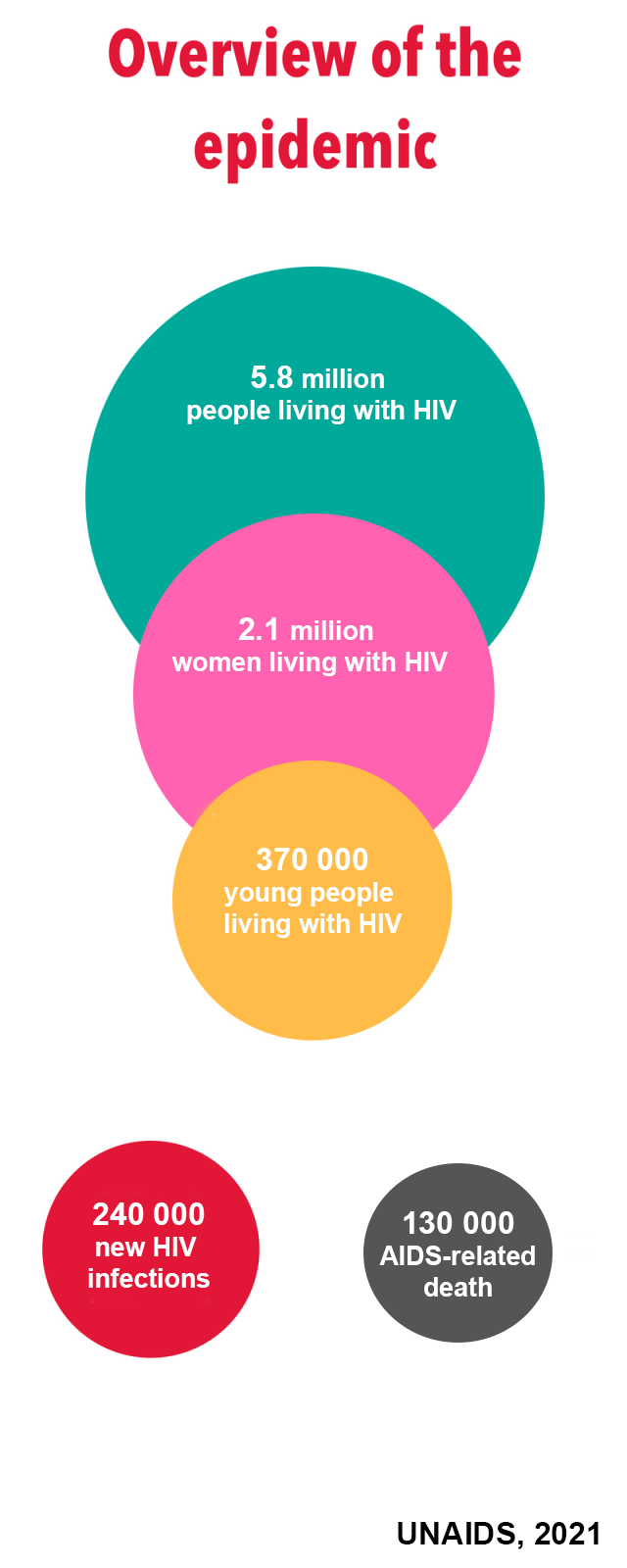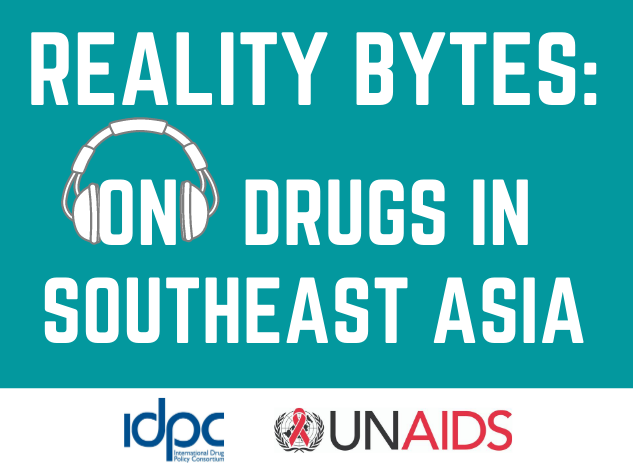Thailand launches U=U initiative to reduce HIV stigma

U=U—undetectable = untransmittable—is a powerful public health intervention. It means that people living with HIV (PLHIV) who achieve an undetectable viral load through consistent treatment and monitoring are not only healthy, but unable to pass on the virus.
However, Thailand has also conceived of this strategy as a tool to combat stigma and discrimination in healthcare settings and for the wider public.
Thailand’s Institute for HIV Research and Innovation (IHRI) announced the launch of this initiative at an event dubbed “Declaration of U=U: Equal healthcare system for all, people living with HIV are equal to everyone”. The campaign has been endorsed by the Department of Disease Control, the Ministries of Public Health, Education and Labor, the National Health Security Office, the Subcommittee on the Promotion and Protection of AIDS Rights and UNAIDS.
“UNAIDS endorses the concept of U=U as there is strong scientific consensus that people living with HIV who take effective antiretroviral therapy and whose level of HIV is suppressed to undetectable levels will not transmit HIV,” Taoufik Bakkali, UNAIDS’ Regional Director said at the event.

U=U is a priority activity in Thailand’s 2017 – 2030 National Strategy to End AIDS. The approach has already been tested in the capital city, Bangkok. A same-day treatment initiation programme there has resulted in more than 95% of people on treatment achieving viral suppression after just six months of antiretroviral therapy.
Thailand’s wider HIV response has achieved strong results. In 2021 an estimated 94% of people living with HIV were aware of their status, 91% of diagnosed people were on treatment and 97% of those on treatment were virally suppressed. But despite these successes, gaps remain. There are too many late diagnoses, and some people remain fearful about accessing HIV services.
To achieve U=U for all people living with HIV, it is important that everyone is treated equitably by the healthcare system. Thailand hopes this initiative will help make that possible.
Dr. Nittaya Phanuphak, Executive Director of the IHRI, emphasized that knowing one’s HIV status is the critical first step to enrolling in antiretroviral treatment.
“People at risk of contracting HIV and people living with HIV from all groups in Thailand must have equal and convenient access to HIV testing and, if positive, to antiretroviral treatment as soon as possible, which will lead to U=U,” said Deputy Minister of the Public Health Ministry, Dr. Sopon Makthon.
The strategy is also conceived as a community-led initiative. A peer-led approach will be used so that people living with HIV can support others who are newly diagnosed to start antiretroviral therapy. They will also help people to maintain or resume their treatment.
“Having PLHIV peers who understand and communicate U=U accurately and effectively is a powerful strategy,” said Patchara Benjarattanaporn, UNAIDS Country Director for Thailand. “With effective U=U communication, people living with HIV should feel no different from anyone else. This will help end self-stigma and boost positive health-seeking behavior.”

Apiwath Kwangkaew, president of the Thailand HIV/AIDS Network, welcomed the possibility U=U presents.
“Today’s medical personnel must confidently come out and speak about U=U so that people have more choices and to create social understanding. We have to make it understandable. Health services must be brave enough to speak up because this is new knowledge and a new understanding that will bring change,” Mr. Kwangkaew said.
 UNAIDS Asia-Pacific
UNAIDS Asia-Pacific 


